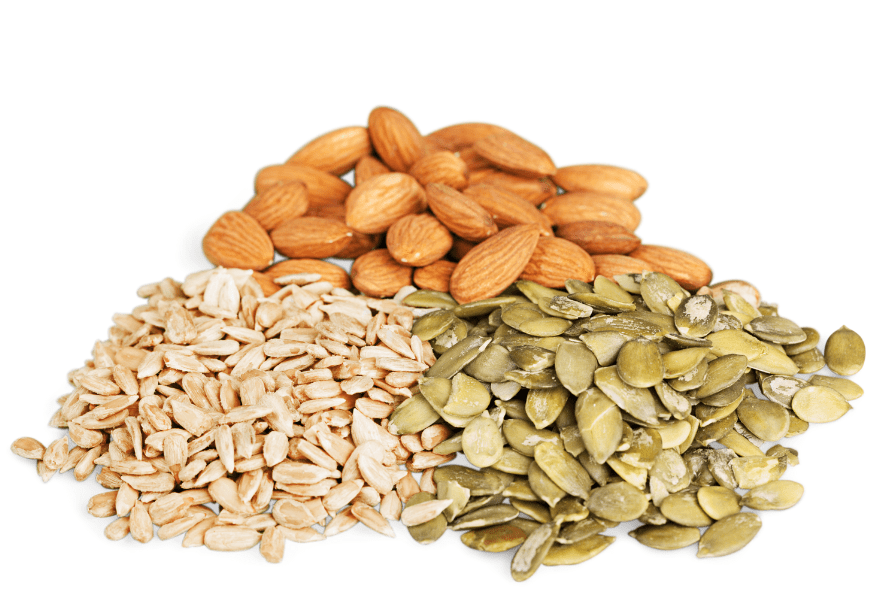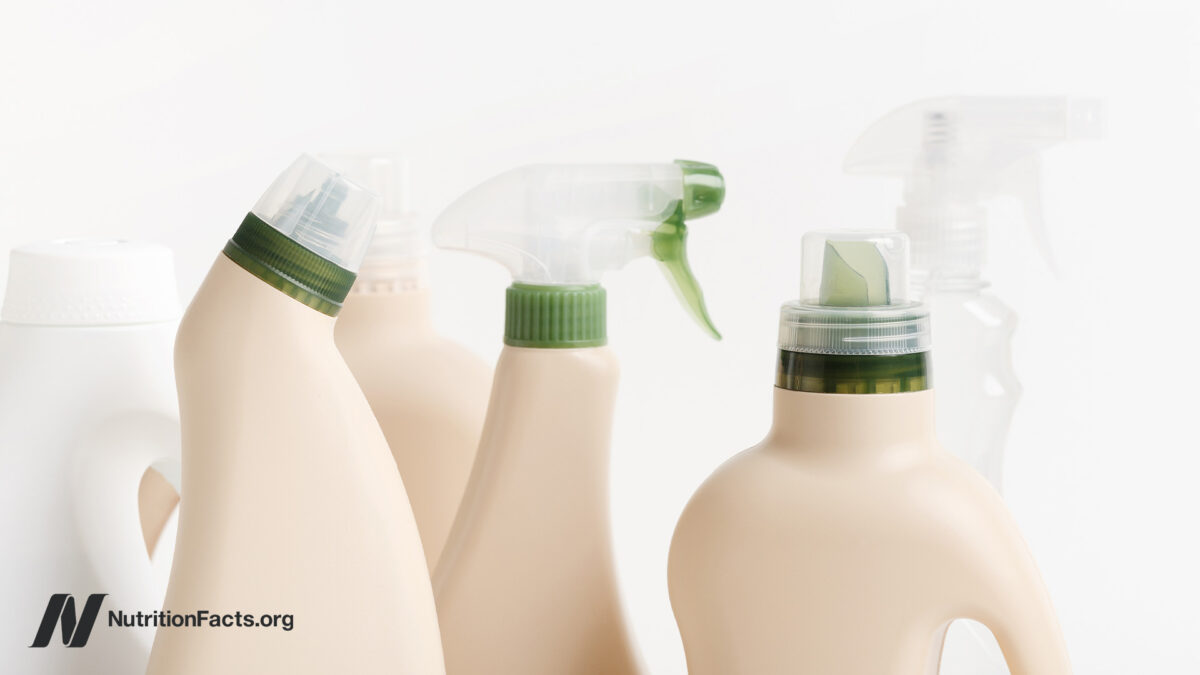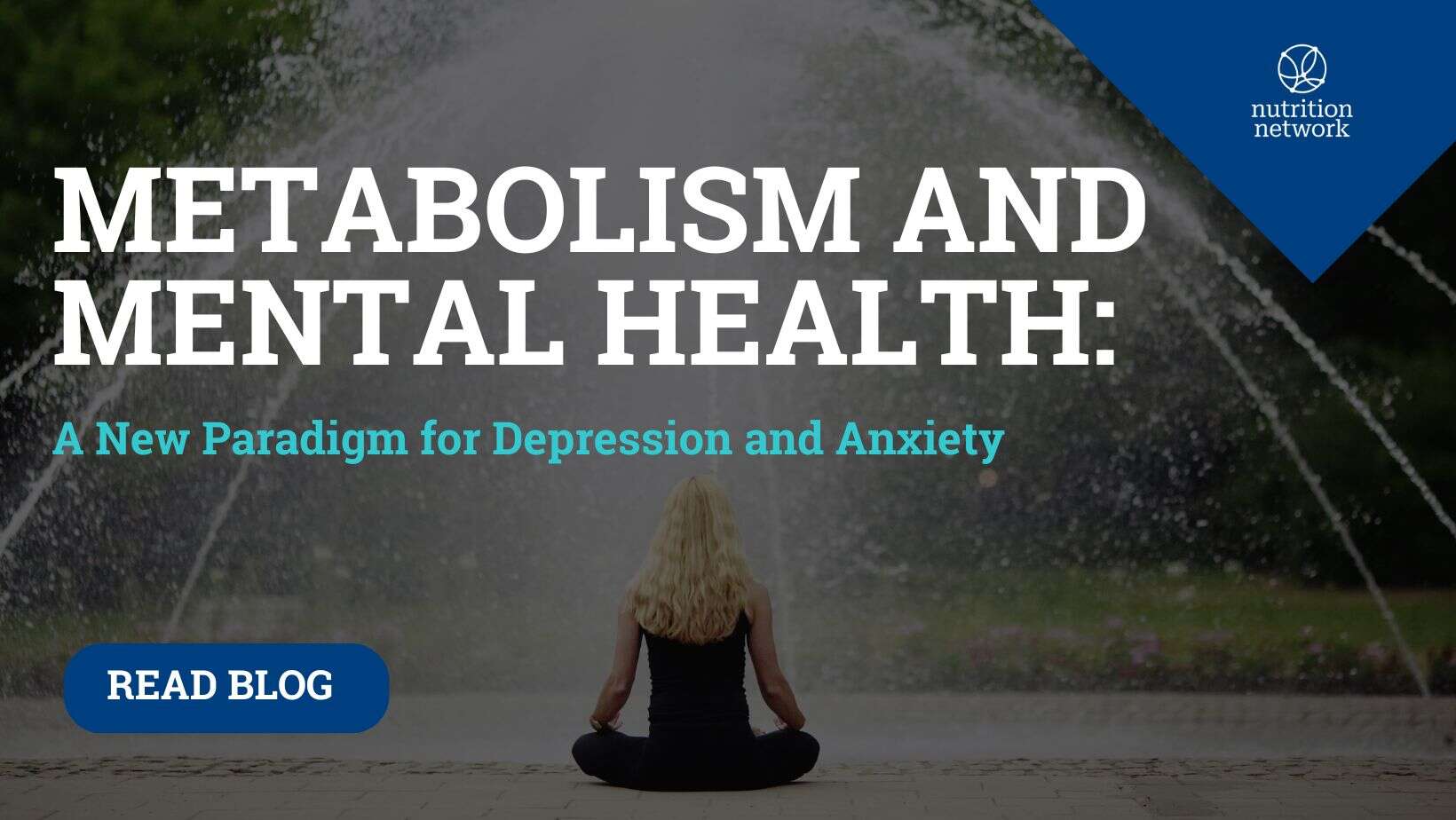How to handle menopause, hormones and sleep.
Sleep has become a big health priority for me these past few months. Prioritizing sleep has improved my energy, daily outlook, and overall feelings of wellbeing.
It all started when I began feeling increasingly sluggish. Without 7 to 9 hours of nightly sleep, I would feel tired, have brain fog, see more sugar cravings, and was just a little pissy. I’m thinking it’s partly because of menopause.
So, I dug in and did a little research. Below are some recent insights that have helped. I’m hoping this info can improve your sleep as well.
Here’s what we know about prioritzing sleep for better health:
Menopause and Sleep Research
When it comes to menopause and sleep, women in perimenopause (often early to mid-40s) start to notice sleep disturbances, having trouble falling asleep or waking up frequently during the night. One study of post-menopausal women found that up to 64 percent struggled to get a good night’s rest. Ugh!
Hormonal shifts during menopause affect natural sleep rhythms. Fluctuating estrogen and progesterone levels significantly disrupt sleep, leading to insomnia, hot flashes, night sweats and mood swings. Also, it triggers increased middle-of-the-night anxiety.
Recent research in women over 40 indicates a link between higher estrogen levels and longer sleep duration in perimenopausal women. One study found that women who slept 6 to 9 hours per night had significantly higher levels of estrone 3-glucuronide (E3G), an estrogen metabolite, compared to those sleeping 3 to 6 hours. This could be due to estrogen’s influence on cortisol levels, where lower estrogen is linked to higher cortisol—the stress hormone that definitely can interfere with sleep.
A Word About Hot Flashes and Night Sweats: Research shows that more than 80 percent of women experience hot flashes during menopause years. Hormonal changes commonly contribute to the notorious menopausal hot flashes. These intense waves of internal heat disrupt sleep in the form of night sweats, a.k.a. waking up in a pool of sweat and drenched bedsheets. No fun.
Estrogen affects the body’s ability to regulate temperature. As levels drop, it can lead to night sweats. Estrogen also supports serotonin production, which influences mood and sleep.
Progesterone has natural sedative effects, so its decline will make it harder to fall or stay asleep.
Why You Need Better Sleep
Sleep is vital for memory, focus, creativity and problem-solving skills. There is increasing research pointing to brain health and getting quality sleep. We need quality sleep to maintain a healthy weight and immune system and to lower our risk of type 2 diabetes, heart disease, high blood pressure and stroke.
Poor sleep in midlife has also been shown to increase women’s risk of cardiovascular disease later in life. Sleep affects the production and regulation of other hormones crucial for overall health, such as human growth hormone, melatonin, cortisol, leptin and ghrelin.
So, what can you do to improve your sleep and stop the restless nights into daytime fatigue loop?
Food for Better Sleep
There are a few foods that promote sleep. I have been intentional about seeds and greens in my diet every damn day, and I do think it’s helping improve my sleep.
- Nuts: Almonds + Walnuts are a good source of melatonin and magnesium, which can help regulate sleep.
- Bananas are a good source of magnesium, potassium, and tryptophan, all of which can contribute to better sleep.
- Kiwis contain serotonin, which can help regulate the sleep cycle.
- Pumpkin seeds are a good source of magnesium, which can help with relaxation and sleep.
- Spinach, Kale + Swiss Chard and Legumes (beans and lentils) are all high in magnesium which helps with body calm and sleep.
- Avocado contains great fiber and magnesium.
Lifestyle Tips for Better Sleep
- Timed Eating: Finish up your last meal 2-3 hours before bedtime. That way, your body can digest your food well before you sleep, and it will store less.
- Avoid caffeine and alcohol late in the day. I try to avoid caffeine after 10am.
- Limiting alcohol has really helped smooth over the night time wake up problems. It seems like this is bio-individual: some people are fine and some people can not tolerate any alcohol after menopause. Less is more for me.
- Get regular exercise (not close to bedtime). A daily walk, especially 2 to 3 miles, really helps with my sleep. It’s a small output with big reward.
- Maintain a cool, dark, quiet bedroom. Establish a consistent sleep schedule, limiting screen time before bed.
Need a hand? We’re here to help you navigate hormones, menopause, nutrition and your midlife wellbeing. Reach out for a complimentary consultation with holistic nutritionist and Healthy Nest Nutrition founder Robin Hutchinson.










